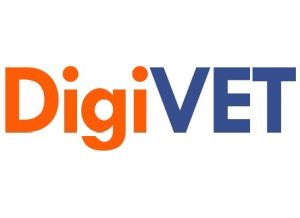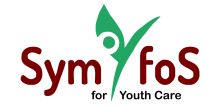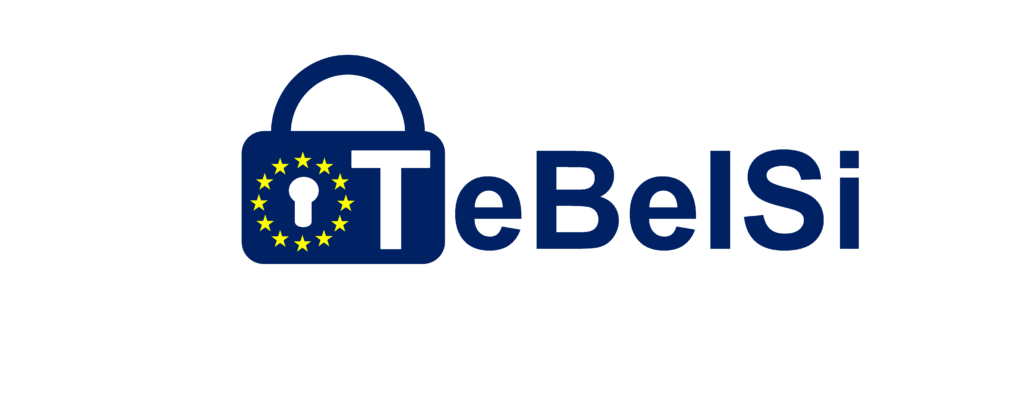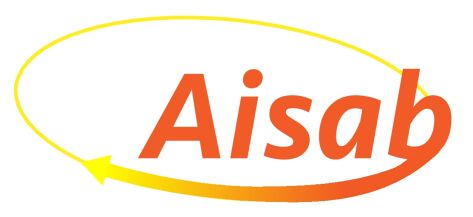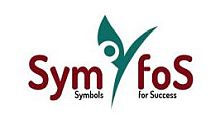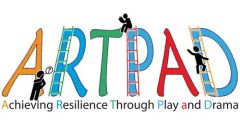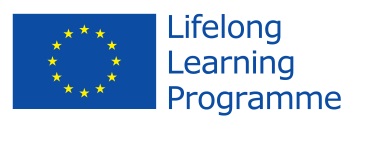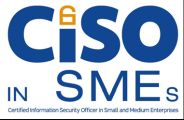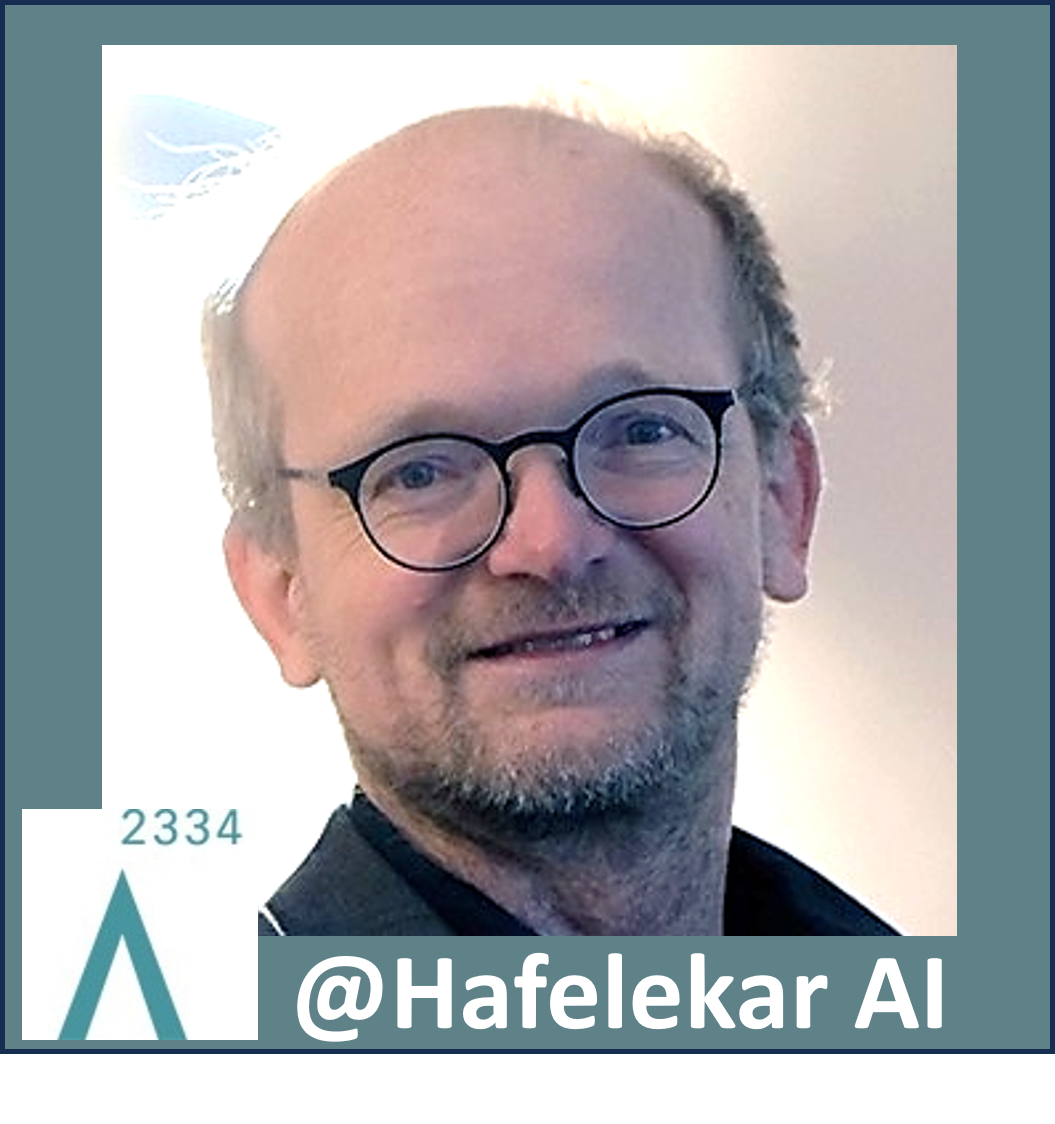Applied Innovation for Students and Business
The AISAB Project addresses the need within the EU to improve the level of innovation and its impact, particularly in SMEs. Building on the work of other innovation projects and materials, it will develop approaches to develop the skills that support SME innovation from an HEI context and through VET. These complementary streams of work will see implementation of initiatives to drive innovation, both during the project and also on a sustainable basis, by embedding the outcomes in the day-to-day activities of HEIs and organisations delivering VET to SMEs.
The project objectives are to develop learning materials aimed at enhancing student skills in assessing and implementing innovation, and build tools that students can use to facilitate their impact when consulting in SMEs. It will also develop a toolkit for SMEs to self-diagnose their innovation practice, as well as putting in place business intervention approaches that can be used to enhance innovation practices in SMEs.
Objectives
- Develop a series of tools and techniques that leverage the work of previous projects, and established good practice, into a HE context for use with students to enhance their knowledge of innovation;
- Create a handbook/process guide enabling HE students to work within SMEs to assess and develop innovation practice to enhance their skills in assessing and implementing innovation;
- Design and develop a toolkit for SMEs to self-diagnose innovation practice and identify weaknesses;
- Develop business intervention approaches to enhance innovation practices in SMEs;
- Create case studies for use in a VET and HE context to support dissemination and exploitation of project results;
- Write and present a research paper exploring reasons for weaknesses in the underlying culture and support infrastructure relating to innovation in SMEs.
Project duration
September 2017 till April 2020
Web
www.aisab.eu
Project partners
Universität Gloucestershire (England) – Koordination
Hafelekar Unternehmensberatung (Österreich)
PROMPT-H Bildungs GmbH (Ungarn)
Universität Sopron, Wirtschaftsfakultät (Ungarn)
Universität Primorska, Fakultät für Management (Slowenien)
Korona plus d.o.o., Ljubljana (Slowenien)
Fondazione Instituto Tecnico Superiore, Bergamo (Italien)
Universidad de Granada (Spanien)
This project has been funded with support from the European Commission. This communication reflects the views only of the author, and the Commission cannot be held responsible for any use which may be made of the information contained therein.



